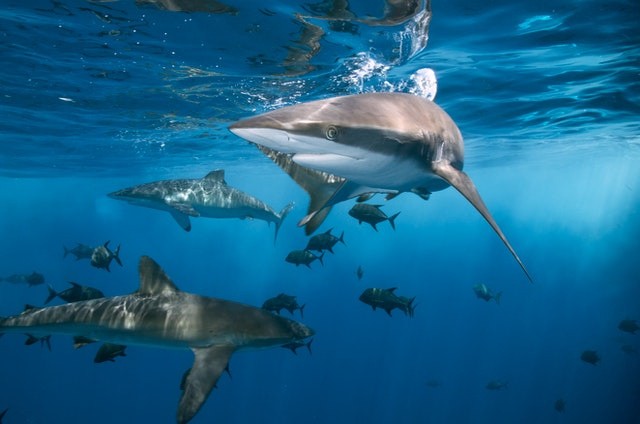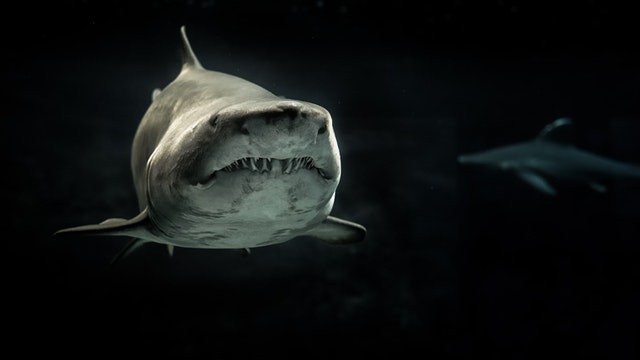Currently, there is a controversy about shark "encounters" in an appearance on "Sunday Night America." A marine expert waded in blaming the "Jaws" - Steven Spielberg's 1975 blockbuster movie, for unfairly stigmatizing the carnivorous fish as an intentional killer.

The Hollywood Perception
Chris Lowe, a marine biology professor and also a director of the Shark Lab at California State University, took part in the discussion Sunday as marine experts and advocates encourage the people to stop making use of the word "attack" while referring to sharks, urging more words that are more neutral like "interactions" instead of attack.
Lowe said: "They are like any other animal. They are out there swimming. Eating, resting. Just wasting time [and] in some cases, trying to find mates. The Hollywood perception is if you see a shark it will bite you, and that simply is not true."
In spite of this, Lowe reveals that scientists were capable of determining the motivation behind baseless shark attacks.
A Shark's Motivation
Lowe said the bottom line is that they are not aware of the reason why sharks bite people sometimes, what is referred to as an unprovoked bite, where an individual is out minding their own business and the animal goes and bites them.
It is not known that shark's motivation, that could be placed in two categories, the motivation of defense, wherein the shark was defending itself, which every creatures will do if they think they are been threatened.
Feeding is the other category. Quite frequently, people the shark bite never see the predator coming so the context under which they have been bitten is not known.
Lowe restated, saying the simple answer is humans don't know. At best researchers thought it might be an accident, and sharks make accidents not too often as humans do.
Lowe said as for reversing the dangerous name sharks have gotten over the years, It's has to be about perception, but holds "Jaws" responsible for making a false narrative.

Jaws
He said the way sharks are presented help in influencing the way people think about them. Most of that began with the book and movie 'Jaws' but actually it has not changed. People were lethally scared of whales 150 years ago, and this is because whales took the lives of people.
Needless to say, they were killing the whalers who made attempts to kill them. But whales had not too good depiction, and least based on the way the public perceived them.
"Now whales are viewed differently, as this intelligent mammal that can communicate and is very social, but it took years or decades to change people's perception about whales and now we're doing it with sharks."
As per different authorities, there are over 400 living species of sharks, grouped into 14-30 families (taxonomically).
Related Article : Rising Number of Shark Attacks in Australia Reveals A Darker Story
For more news, updates about sharks and similar topics don't forget to follow Nature World News!
© 2025 NatureWorldNews.com All rights reserved. Do not reproduce without permission.





